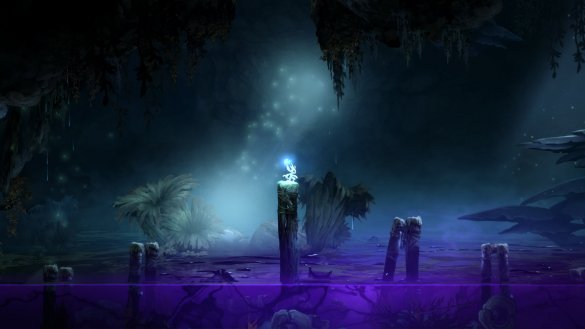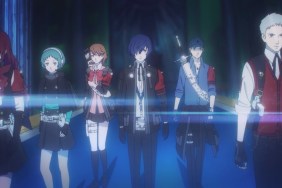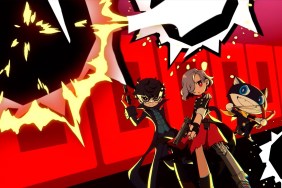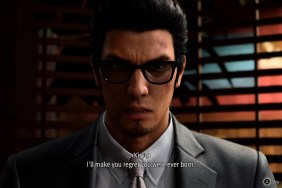Travel light.
Befitting its name, Ori and the Blind Forest is a spark of hope for indie titles on Xbox One. Like the recent addition of Screamride, it is one of the lead games that Microsoft has pushed to close the gap with the PlayStation 4's touted indie initiative. On that front Ori and the Blind Forest does an admirable job, modernizing the 2D platformer with enchantingly gorgeous visuals and uncompromisingly precarious level design. However, it suffers from a shortened experience and several sections that require trial and error in an unnecessarily punitive manner.
Ori, the titular child of light who looks like a cross between an arctic fox and a long-tailed macaque, tragically falls from heaven twice. First, he's blown away in the Great Storm, beyond the reach of the Spirit Tree, who narrates the story with white translated words that move across the screen in real-time and in a booming voice reminiscent of the omnipotent god in Shadow of the Colossus. Newly orphaned, Ori is then raised for several years by Naru, a motherly figure who looks like a plumper version of No Face from Spirited Away, before the forest begins to wither away. A giant owl has stolen the light away from the Spirit Tree, leading the woods to decay, causing mass starvation among its inhabitants. To restore the vitality of his once vibrant home, Ori sets out on an adventure of restoration.
With that call to action, Ori and the Blind Forest follows the general plot of Okami and the vivid art styles of Odin Sphere and Dust: An Elysian Tail. Every environment has a painterly, almost sultry feel that masterfully employs light and shadow to highlight every leaf, twig, and stalky plant. Take any screenshot at any point of the game and it's guaranteed to be gorgeous, rich, and dare I say, succulent. The orchestral suite takes full advantage of piano chords, strings, and wind effects to create a generally tranquil soundscape that matches the natural beauty of the forest, though it will brush against the level design at times, especially during segments where you'll frustratingly land Ori into a set of spikes over and over again.
To return the woods to its former glory, Ori must gain access to three fallen shrines and restore them by reaching their innermost chamber, all while defeating all manner of monsters, avoiding spikes and brambles, and performing tricky platforming that asks for both precision and a keen mind for puzzles. As the forest begins to revive and Ori absorbs the light from ancestral trees strewn throughout the map, he will need to backtrack through previous areas, using newfound techniques to discover hidden dens and new maps for exploration.
Combat largely depends upon keep-away tactics, with Ori still getting close enough to a slime, rhino, or spider for his friend Sein to home in and deal damage. Eventually, he can smash into the ground and slingshot enemies in the opposite direction, but endgame enemies with homing attacks tend to deal a ton of damage, so it's worth being cautious. In fact, I recommend putting all of the ability points you earn, by defeating enemies and finding ability containers, into the combat skill tree, just so you can concentrate on platforming. The other two skill trees for defense and utility are important too, but they're mostly secondary given the high respawn rate.
A part of the challenge stems from the saving system. Instead of an autosave system, you can spend one energy cell to create a save point in any safe zone, so the game eventually becomes a matter of inches. Run out of energy and you can't save. So unless you're practicing for Awesome Games Done Quick, speeding through levels and throwing caution to the wind is just an easy way to get killed and lose progress. By the time Ori ascends the water tree, you'll need to propel yourself in many directions and direct projectiles into barriers to progress. Sometimes you're not supposed to kill an enemy because the only way to reach the other side of a pitfall is to fling Ori through its body or its projectiles.
Ori and the Blind Forest prances back and forth on the line between difficulty and frustration. Most of the time, the game lands on the proper side, challenging you to navigate wall climbs and defeating enemies while freefalling in the wind as owls attempt to knock Ori into spikes. It sounds difficult but it's manageable. Traversing through the main hub world feels like a triumph, especially when you've finally figured out how to nab that life cell or energy cell you've noticed hours earlier.
However, where the game becomes needlessly punishing is in the escape sequences after completing a shrine. I'm no slouch when it comes to platforming, and as of this writing, I completed the game in a low enough time and death count to be 10th on the global leaderboards (I'm sure that will change soon with the game's release). Yet I still needed about 30+ attempts to conquer these sequences, mainly due to the speed of the scripted oncoming wave of environmental death and sometimes the lack of direction of what and where Ori needs to go in order to survive. Worse, if Ori dies at any point, you need to start the sequence completely over again. And since these sequences get progressively trickier, you can expect to facepalm or fling your controller after repeating the same few opening obstacles ad nauseum.
Ori and the Blind Forest gradually relies more and more on instant kills, which makes the point of a health bar rather meaningless apart from combat. Also, the colors for projectiles and for the spikes can sometimes be blocked by art in the foreground or can be so well-disguised that you can't tell what's dangerous and what's not. The campaign is rather short as well, ending abruptly without any epic boss battle and clocking in at around seven hours, which could have easily been extended with a New Game Plus option. After you've cleared the game, you actually can't go back into the save and collect all of the remaining cells for 100% completion, a fact which the game could have alerted the player to well in advance.
As a single-playthrough experience, Ori and the Blind Forest is a wonderful example of sublime presentation, a simple but heartfelt story, and challenging platforming. Moon Studios should be applauded for creating an indie title promising enough to warrant a sequel and special enough to live up to its console exclusivity. Though it can be completed in a single night and doesn't give much incentive for a replay, it's worth the price of admission. Still, if it weren't for a few stumbles near the end, Ori and the Blind Forest would have finished in a brilliant flash of light.
-
Simple, mythological story
-
Challenging 2D platforming
-
...sometimes punitively so in the escape sequences
-
Brilliant art style and painterly environments
-
Soundtrack pairs well with the setting
-
Interesting strategic save system
-
Completionists, beware of restriction
-
Short campaign, little incentive for replay
Ori and the Blind Forest
-
Ori and the Blind Forest #1
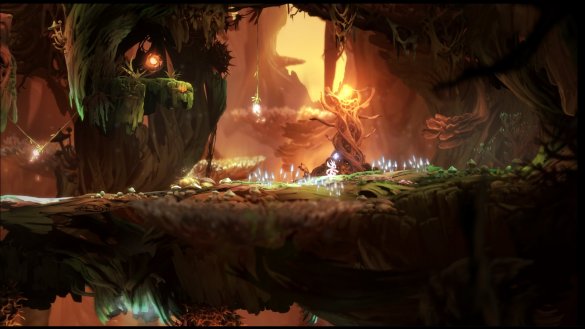
-
Ori and the Blind Forest #2
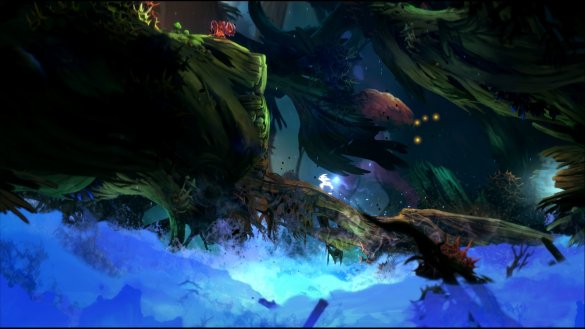
-
Ori and the Blind Forest #3

-
Ori and the Blind Forest #4
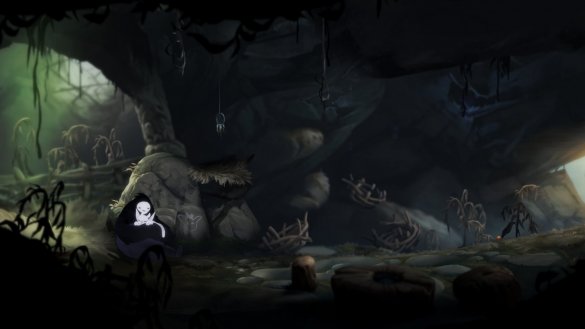
-
Ori and the Blind Forest #5
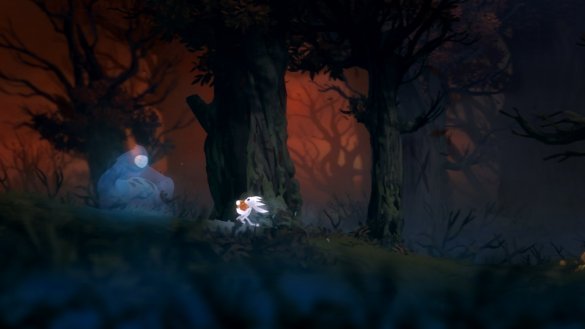
-
Ori and the Blind Forest #6
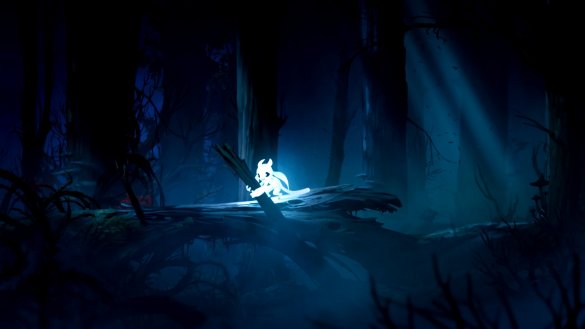
-
Ori and the Blind Forest #7
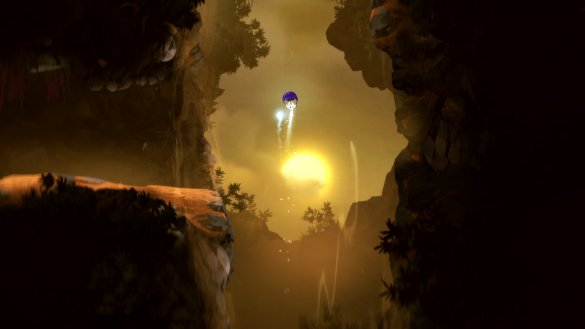
-
Ori and the Blind Forest #8
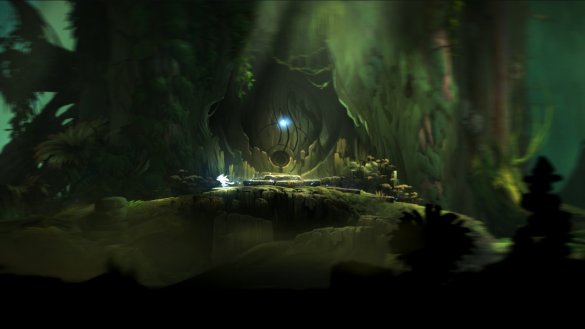
-
Ori and the Blind Forest #9
